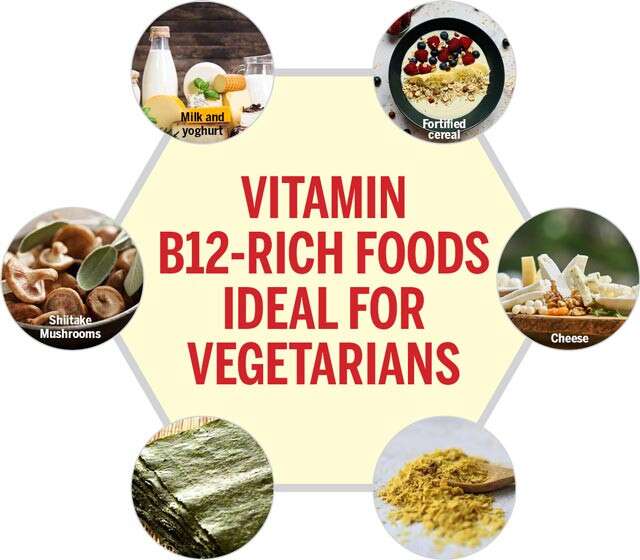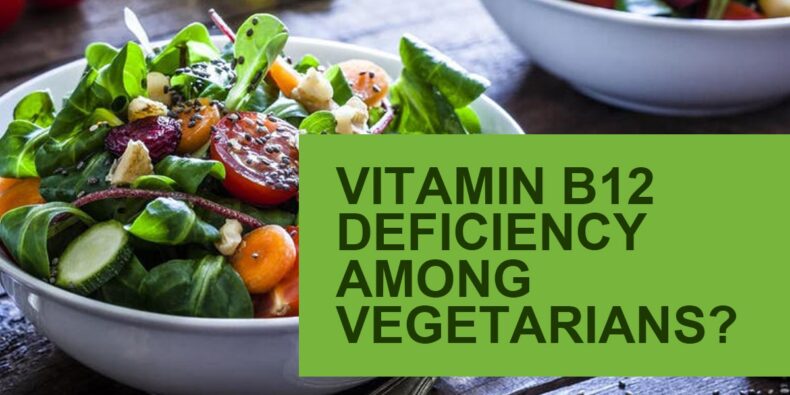In recent years, the vegetarian eating style has seen a rise in popularity, and currently, ten percent of the population chooses to refrain from consuming items derived from animals.
The decision to pursue such a path is driven mostly by ethical and ecological considerations, but also by considerations pertaining to one’s state of health. On the other hand, if there are ethical considerations involved, this could lead to lessening the interest in the knowledge of the nutritional implications of such a choice.
Scientific literature indicates that reducing or eliminating animal foods may reduce the risk of Coronary Heart Disease (CHD) and Type 2 Diabetes (T2D) via controllable parameters such as body mass, serum glucose, blood pressure, and serum lipid profile.
However, the potential for nutritional deficits in an unbalanced vegetarian diet should not be ignored, as this is attributable to the absence of nutrients that can counteract these health benefits.
It is especially important for women, who are pregnant or breastfeeding to consume an adequate amount of vitamin B12 because it is necessary for the creation of DNA and also contributes to the maintenance of healthy neurons and red blood cells.
Vitamin B 12 and its importance
Vitamin B12, which is often referred to as cobalamin, is a vitamin that is water-soluble and plays a role in metabolism. It is one of the eight different types of B vitamins.
In order for animals to properly metabolize fatty acids and amino acids, in addition to using them as a cofactor in the creation of new DNA, it is necessary.
This vitamin is the most chemically complex of all vitamins and the only vitamin that humans must obtain from animal-derived foods or supplements.
The majority of people living in advanced nations obtain enough vitamin B12 from the foods they eat, particularly those that come from animals. Meat, clams, liver, fish, poultry, eggs, and dairy products are some examples of foods that contain vitamin B12.
If the consumption of animal foods is extremely low or nonexistent, the insufficient amounts of those nutrients found in plant meals make their addition absolutely necessary. This can be accomplished by the use of nutritional supplements or fortified foods.
This shortage is also quite prevalent in vegetarians and is the result of a very low intake of the nutrient.
As the number of vegetarians rises, we have health concerns, says lead researcher Wolfgang Herrmann, MD, Ph.D.he added that they are especially concerned about pregnant women, nursing moms, children of vegetarian mothers, and on macrobiotic diets, elderly vegetarians, and persons with atherosclerosis.
Food to eat to get vitamin B12 for vegetarians

Fortified foods
Fortified foods are a great way to get your daily dose of this important vitamin These are a great, easily accessible, and rich source of vitamin B12 for vegetarians and vegans.
A nutritious option for breakfast is cereal with added vitamins and minerals. Although it varies from brand to brand, a serving of cereal typically contains about 25% of the daily value (DV).
Check the back of the box to see if your favorite nutritious cereal is enriched with vitamin B12.
The fact that foods that have been fortified with nutrients are normally simple for your body to digest indicates that their bioavailability is high. Because of this, the body is easily able to absorb vitamin B12.
Nutritional yeast
Nutritional yeast is another fortified food that is rich in vitamin B12. Many vegans and vegetarians rely on this staple.
To get your daily value (DV) of vitamin B12, all you need is one tablespoon of 100% enriched nutritional yeast in your vegetarian chili, curry, or sauce. Sprinkle some of this nutritional yeast on air-popped popcorn and you’ve got yourself a nutritious snack.
In addition, to enhance the health benefits of meals, nutritional yeast also adds a complex flavor. As an alternative to cheese, nutritional yeast is often used to impart a nutty flavor to dishes.
Nori
According to the research, 4 grams of dried nori which is an algae product can help you get all the vitamin B12 you need in a day.
Shitake mushroom
To meet your daily vitamin B12 requirements, you would need to consume approximately 50 grams of dried shitake mushrooms.
Conclusion
B12 consumption is something that vegetarians and vegans in particular need to keep a close eye on. Those who abstain from eating meat run the risk of not getting enough of this vitamin, which plays a critical role in maintaining overall bodily health.
If you want to keep your health in the best possible condition, you should talk to your physician about adding B12 to your diet and get your levels checked on a regular basis.
Read more : Why being vegan is a better choice?
Read more : DELHI GOVERNMENT’s GIFT TO WORKERS ON DIWALI BY RAISING MINIMUM WAGE












